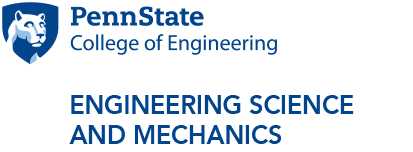Ultrasound for Neuromodulation and Wireless Power Transfer
Abstract: The conventional application of ultrasound in the medical field is in tissue imaging. Over the past decade or so, ultrasound has increasingly found interesting applications in neuromodulation of neural activity as well as wireless power transfer to deeply implanted miniature (millimeter scale and smaller) medical devices. Although ultrasound is relatively a new modality for neuromodulation, several research groups across the globe have demonstrated on both animals and humans that ultrasound has a robust and safe effect on neural tissue for both activation and suppression of neural activity. Also, ultrasonic wireless power transfer to millimeter-scale implants have successfully been demonstrated in different applications, such as neural recording and stimulation. Both ultrasound neuromodulation and wireless power transfer applications still require significant amount of research and development in ultrasonic transducers, ultrasonic arrays, CMOS circuits (particularly high-voltage beamforming drivers), biomedical system integration, and in vivo validations. In this seminar, I will present the basics, recent developments, challenges, and applications of ultrasound neuromodulation and ultrasound wireless power transfer to millimeter-scale implants.
Biography: Mehdi Kiani received his Ph.D. degree in Electrical and Computer Engineering from the Georgia Institute of Technology in 2014. He joined the faculty of the School of Electrical Engineering and Computer Science at the Pennsylvania State University in August 2014 where he is currently an Associate Professor. His research interests are in the multidisciplinary areas of analog and power-management integrated circuits, ultrasound-based medical systems, wireless implantable medical devices, and neural interfaces. He was a recipient of the 2020 NSF CAREER Award. He is currently an Associate Editor of the IEEE Transactions on Biomedical Circuits and Systems and IEEE Transactions on Biomedical Engineering. He serves as the technical program committee member of the IEEE International Solid-State Circuits Conference in the IMMD subcommittee.
Event Contact: Bethany Illig



